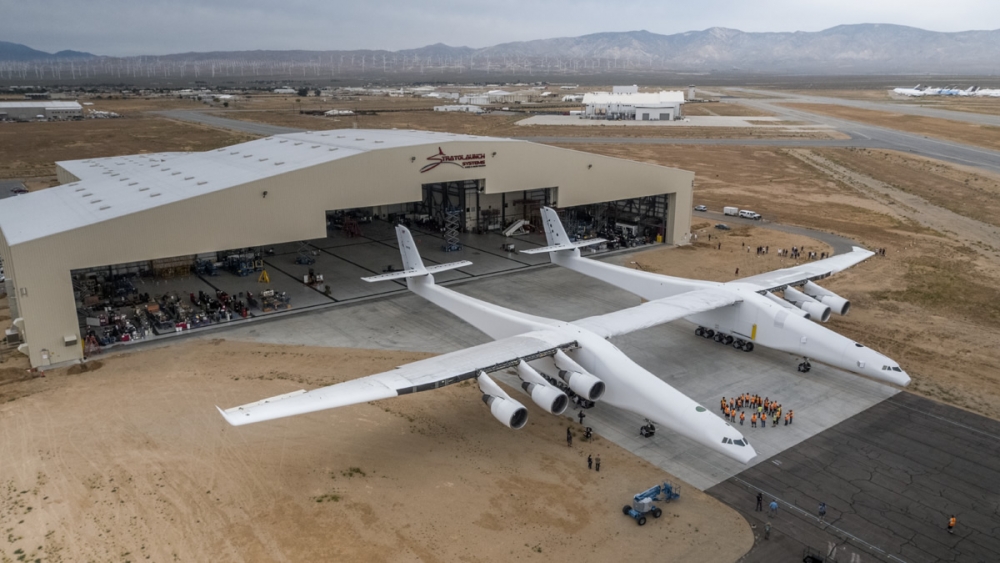Microsoft co-founder Paul Allen was a life-long aviation enthusiast
16 October, 2018
2 min read


Billionaire Paul Allen did not live to see his monster plane launch satellites into space.
The tech-whizz, accomplished musician and aviation enthusiast died this week at the age of 65 after battling non-Hodgkin's lymphoma, a cancer of the lymphatic system.
He was diagnosed with cancer in 2009 but he revealed recently it had returned after a period of remission.
Although best known for founding Microsoft with partner Bill Gates, Allen had a long-held fascination for aviation and World War II.
This began at an early age when his father’s job as a librarian at the University of Washington meant he had access to books and magazines.
“I would go in the university stacks and pull out books like Jane's Fighting Aircraft of World War II when I was 12 or something, and I'd spend hours reading about the engines in some of those planes," Allen told Forbes in 2013.
"I was trying to understand how things worked--how things were put together, everything from airplane engines to rockets and nuclear power plants. I was just intrigued by the complexity and the power and the grace of these things flying."
The Seattle-based billionaire began collecting vintage warplanes, weapons and tanks in the 1990s. In 2004, he opened the collection, now housed at Everett, to the public.
The Flying Heritage & Combat Armor Museum collection includes an impressive array of German, British, Russian and US aircraft that range from a British Mosquito fighter-bomber to American Hellcat and German Focke Wulf 190 fighters.
And his interest extended to searching for lost World War II ships; a research team funded by Allen found several, including the aircraft carrier USS Lexington and the Japanese battleship Mushashi.
Allen was also the man behind the world’s biggest composite plane
The Stratolaunch is designed to take payloads of more than 500,000lbs (226,796 kg) and launch them into low Earth orbit was part of a plan by Allen to revolutionize the satellite launch industry.
The big plane will initially carry up to three Orbital ATK Pegasus XL vehicles to enable to launch multiple payloads in a single mission.
Get the latest news and updates straight to your inbox
No spam, no hassle, no fuss, just airline news direct to you.
By joining our newsletter, you agree to our Privacy Policy
Find us on social media
Comments
No comments yet, be the first to write one.

